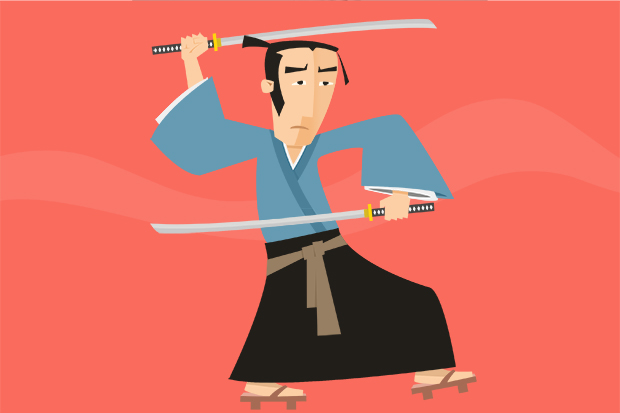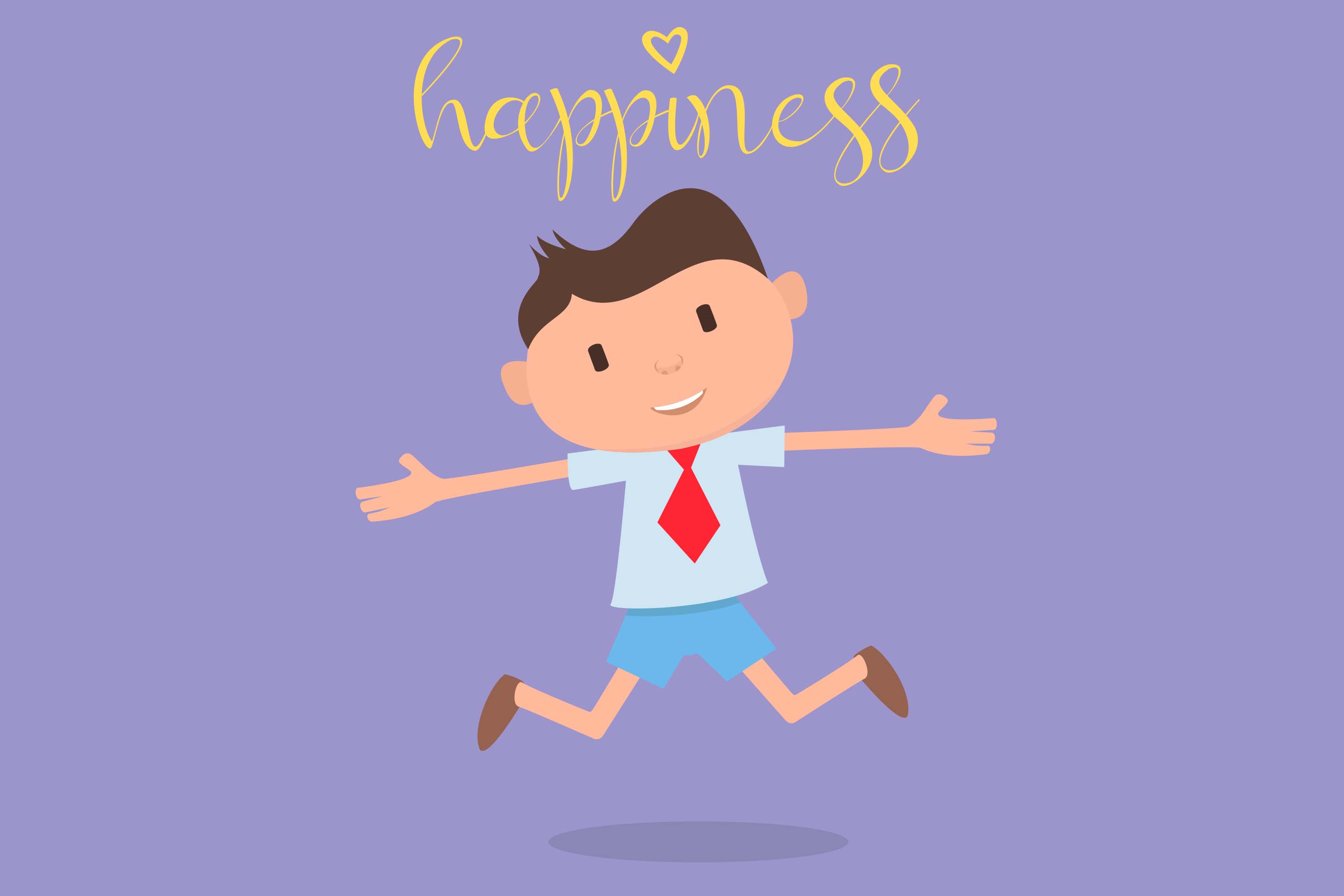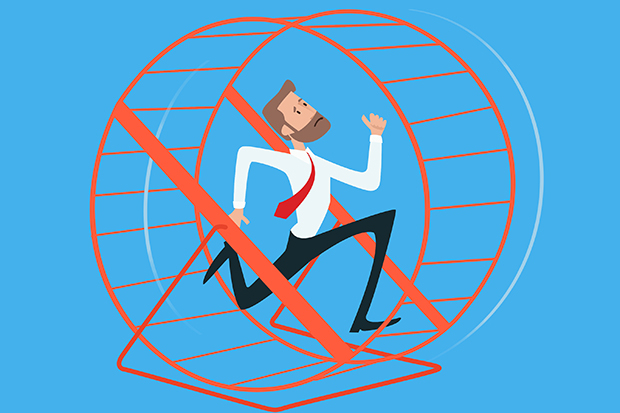on

When we think of life, we think of organisms; we think of life as something characteristic of living things that distinguishes them from inanimate or dead things. Now, that is life seen as a noun. Life, when approached as a verb, is the participation of an individual living thing in a plethora of processes that make more individuals of its kind and others possible. But when we look at life in terms of lived experience, in terms of perception and choice, life can be understood as the flow of consciousness. In many ways, this definition, while being true for nearly all organisms, is a particularly useful way of looking at life because it holds the answer as to why some of us live less-than-perfect lives and what we can do to better them.
If life is the flow of consciousness, getting your consciousness to flow right must be the secret to a fruitful life. There is much happiness and success to be found in the world we live in. But you find it alloyed with other things. And it takes work to extract it. The ability to recognise these opportunities and the willingness to put in effort does not arise unless you are conscious. No matter where you are in life, you are not very far from success or happiness. If something exists out there, and we fail to take advantage of it, whose fault is it? We need to be conscious. And being conscious is to have consciousness to spare. Some of us, however, do not have enough of it. Having no consciousness in your life is like struggling in the dark. You have no sense of direction. You drift through life. And you accomplish so little.
More often than not, our consciousness gets expended on the things we consider important. And what we consider important is largely shaped by the world we live in. And the world is peopled by beings as confused as us. What they hold as important is almost never in our best interests. And we get drained of our consciousness chasing such goals. Do you want something just because others prize it or because there really is a need for it? Sometimes it is difficult to see this clearly. Look at what these goals achieve for you. Measure your life in terms of what you achieve, and you cannot go wrong. Take a closer look at your life. How does it feel? How do you want it to feel? If these are two different things, then know that you made a misstep somewhere. If you feel unfulfilled, if life feels empty and futile, know that you need to seriously consider taking the time to examine what exactly your consciousness is being spent on.
The trouble that befalls most of us, is that we cannot structure our consciousness enough to make something useful out of it. Every day we take on countless identities depending on the thoughts and emotions that arise in our minds. There are so many of them. And these identities rarely drive us to action. Many of them bob up to the surface only to vanish swiftly. We keep shifting from one identity to the next. We are happy one moment, angry the next, excited in another, and frustrated a little later. The consciousness that functions as you readily complies because we have been doing this all our lives and have not taught ourselves to stand aloof from this constant turmoil. How can you hope to get anything done if you cannot stay the same?
Now let us look at some strategies that can lend structure to consciousness.
1. Set priorities. Think of three things that, if they were the only things you had in your life, the only things you could spend time on, would still make life worth living. If you cannot think of three, think of one. The fewer of these you have, the better. Are they already part of your life? If not, think of what steps you can take to make each one yours. Strive to be specific. Organise your life around these goals. Make it impossible for you to forget these goals. Whatever other things you need or want, weigh them against these. It is not that most of us do not have such goals. It is just that life intervenes, and we frequently lose sight of them. So, you have to make it a point to look at everything else with these goals embedded in your mind.
2. Put in hard work. Merely wishing things were different does not help. You must be willing to work towards it if you want to improve your situation. You need to take concrete steps. But quite a lot of people avoid taking action. They attempt instead to address how they feel. It is true that when you feel happy or excited, it seems easy to take action. But if you are after results, you must train yourself to act even when you do not feel up to it. The happiness, excitement and sense of accomplishment will come. But you need to get past your feelings and emotions. And be patient. When your actions fail to bring results or when results take time and doubts prey on you, you will need an inexhaustible store of patience to stay committed to your goals.
3. Stay motivated. We must tackle the resistance before we can get on a task. It is up to us to find the emotional wherewithal needed to start and stay on a task. Do whatever you need to find that burst of motivation. And like how you have survival kits that aid you in an emergency, put together one or more kits for when you need a quick shot of motivation. It can be affirmations or quotes that resonate with you; it can be music of some kind, short videos and so on. When you have time to spare, hunt down motivational resources.
4. Stay focused. Do not let opportunities slip past you. Leave out what is unnecessary. You cannot, try as you might, fit everything you might take a fancy to into your life. Try to remember that not everything needs to be part of your everyday. Look for the meaningful. When life pulls you in random directions, your ability to stay focused is often the first casualty. Limit the time spent on social media. When you are bombarded with information, it becomes difficult to remember the things that are important to you. If you fail at this, you will not get anywhere. Leaky boats do not get very far. So, plug the leaks.
5. Know your strengths and limitations. If you want to improve, fail at things. Fail to clear that twenty-fifth push-up. Fail to run that fifth mile. Fail to cover more than fifty pages of a book in an hour. Keep failing at things until you fail at failing. And when you fail at something, try asking why. Did you take on more than you could handle? Were you juggling too many tasks? Failure teaches you more about yourself than success does. One who succeeds does not learn much about himself. He has not much incentive to alter or improve his behaviour.
6. Manage your time well. Remember, it is not time that you ought to manage. It is consciousness. Use what you have wisely. Always assign a time limit to your tasks. And try to complete them within that. That way, besides learning how much time it takes you to complete a task, you also then know what time you need to beat to get better. Do important tasks in the morning. There is less on your mind then. Plan things ahead. Knowing what you need to do saves you the time spent thinking.
7. Savour life. Every once in a while, treat yourself to something nice. And do not spare the expense. Know what it means to be alive. These occasional breaks and little indulgences help you keep going and be resilient. Just take care not to overdo it. There is a point where any more of these treats fails to bring results. Know where that is. By stopping yourself at that point, you feel validated and in control.
The strategies outlined above can provide us with some needed direction. Still, there is something that we should not let ourselves forget: our consciousness will continue to flow into whatever we consider important. And if that part of us that decides what is important is broken, we are bound to get stuck in life. So many of us squander away time, spending several hours each day binge-watching television, socialising or reading unnecessary emails and text messages, all while lying to ourselves that our goals matter to us. The only way this can be remedied is to meticulously analyse the things that take up our time and attention. It is important here not to go with assumptions. Though we tell ourselves that certain objectives are important to us, we seldom realise that our actions often suggest otherwise. Many of us do not allocate sufficient time for those important goals compared to other non-essential tasks. We fail to realise that it is because of our inability to identify what is important. This is why you need to make time for contemplation and self-scrutiny. All of the strategies we discussed above will fail to bring results if we cannot find time for introspection because, in its absence, we are likely to go with our impulses.
Though most of us might not admit it, we are ruled by emotions and not reason. In our daily lives, we have taught ourselves to trust our senses. If not, we cannot function effectively. You act on the information that your senses bring in. This implicit trust extends to the thoughts and emotions that arise in our minds. In the absence of evidence to the contrary, which we rarely ever find, we go along with these. And these thoughts and emotions often lead us astray. You can blame this on how evolution shaped us. Life had to figure out a way to ensure the survival of an organism. Getting it to follow a set of impulses blindly seemed to do the trick rather than have it spend time thinking. Thus, though now endowed with brains that can think things through, we fail to put them to good use. Now, most of us do not feel the need to break this habit. Other people around us often learn to accommodate our behaviour.
What this means is that we have no way of knowing if we are doing the right things and are unlikely to change our behaviour. Look at what we tolerate in ourselves and in others. We do not question the assumptions we make about life. We think that it is not our job. But you cannot expect other people to do this for you. They are too caught up in their own lives to be of much use to you. What we leave unexamined and unquestioned holds tremendous influence over us. If you need to make progress, you have to question your certainties. You would be throwing away your consciousness if you let them go unchallenged. The only way to preserve our consciousness is to make a habit of examining your choices. Happiness and success in life need never depend on some serendipitous convergence of favourable circumstances. It only requires that we make wise use of our consciousness. And that will not happen unless we constantly remind ourselves and others of the dangers of letting it go to waste. Life can be incredibly simple if we can try and remember the things that are important to us. And that is unlikely to happen unless we are conscious. So, anchor yourselves in consciousness, stay clear of anything that will drain it and one day, you will look back and realise that you have led a fabulous life.




